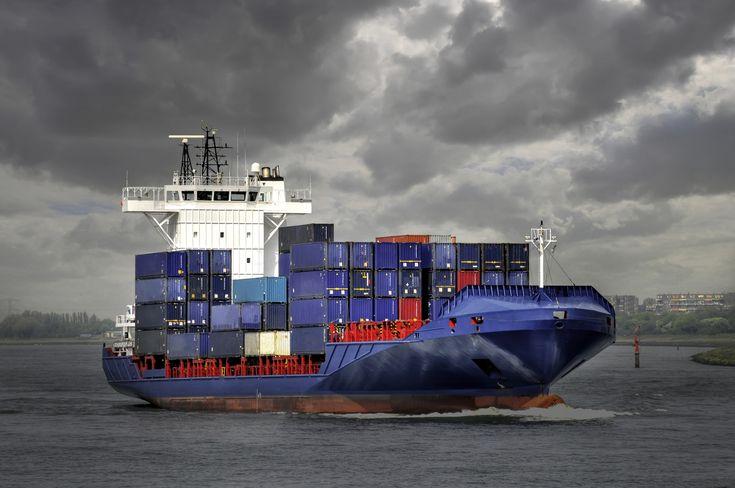In today’s fast-paced, delivery-driven world, organizations with large fleets—from logistics companies to retailers and service providers—face constant pressure to deliver goods and services on time, cost-effectively, and with maximum efficiency. This is where Fleet Logistics Support becomes not just a helpful service but a game-changer in operational strategy.
So, how can fleet logistics support improve operations? The answer lies in its ability to streamline processes, enhance communication, reduce costs, and optimize every link in the supply chain. Whether you manage a dozen vehicles or thousands, implementing effective fleet logistics support can make the difference between thriving and merely surviving.
Understanding Fleet Logistics Support
Fleet logistics support refers to a combination of technologies, personnel, and strategic processes used to manage vehicle fleets efficiently. It encompasses everything from vehicle maintenance and routing to fuel management, driver performance, and data analysis. The goal? Minimize downtime, boost productivity, and ensure that your fleet is always in the right place at the right time.
Modern logistics support relies heavily on real-time data, automation, GPS tracking, and cloud-based systems to offer end-to-end visibility of fleet operations.
1. Boosting Operational Efficiency
One of the most immediate ways fleet logistics support improves operations is by eliminating inefficiencies. With the help of advanced telematics and routing software, managers can optimize routes, reduce idle time, and make quicker adjustments to unforeseen disruptions.
Example: If a delivery route is affected by traffic congestion or weather issues, fleet support systems can automatically reroute drivers to save time and fuel, avoiding delays and customer dissatisfaction.
2. Reducing Operational Costs
Fuel is often one of the largest expenses for fleet operations. Fleet logistics support can reduce fuel consumption through smarter route planning, monitoring driver behavior (like harsh braking or speeding), and ensuring regular vehicle maintenance.
In addition, predictive maintenance tools can help identify issues before they become costly repairs, extending vehicle lifespan and avoiding expensive downtimes.
3. Enhancing Safety and Compliance
Driver safety is a top priority for any fleet-dependent organization. Logistics support tools can monitor driver habits in real-time, providing feedback and training where needed. Systems can also ensure that vehicles meet regulatory standards through timely inspections and maintenance reminders.
Staying compliant with federal and regional transport regulations not only avoids penalties but also promotes a culture of accountability and safety within the organization.
4. Improving Customer Satisfaction
Customer expectations are higher than ever. They want real-time updates, accurate delivery windows, and consistent service. Fleet logistics support enables businesses to meet these demands by improving delivery accuracy and providing better communication with customers.
With GPS tracking and automated alerts, customers can be notified of a delivery’s exact location and expected arrival time. This transparency builds trust and improves the overall customer experience.
5. Data-Driven Decision Making
Data is the new oil—and fleet logistics support systems generate a lot of it. From fuel usage stats to driver performance and vehicle health, data helps fleet managers make informed decisions that align with broader business goals.
Using dashboards and analytics tools, companies can identify patterns, forecast demands, and continuously improve their operations. This leads to better resource allocation, inventory control, and overall strategic planning.
6. Environmental Impact and Sustainability
With growing concerns around environmental sustainability, fleet logistics support also plays a vital role in reducing a company’s carbon footprint. Efficient route planning, idle time reduction, and switching to hybrid or electric vehicles can significantly reduce emissions.
Organizations that prioritize green fleet initiatives often enjoy reputational benefits and may even qualify for sustainability incentives or certifications.
Final Thoughts
Fleet logistics support is more than just a back-end function; it is a critical driver of operational success. By embracing cutting-edge logistics solutions, organizations can enhance productivity, reduce costs, ensure compliance, and exceed customer expectations—all while promoting sustainable practices.
Whether you’re in transportation, retail, field services, or any industry that depends on a moving fleet, investing in robust fleet logistics support is no longer optional—it’s essential.

